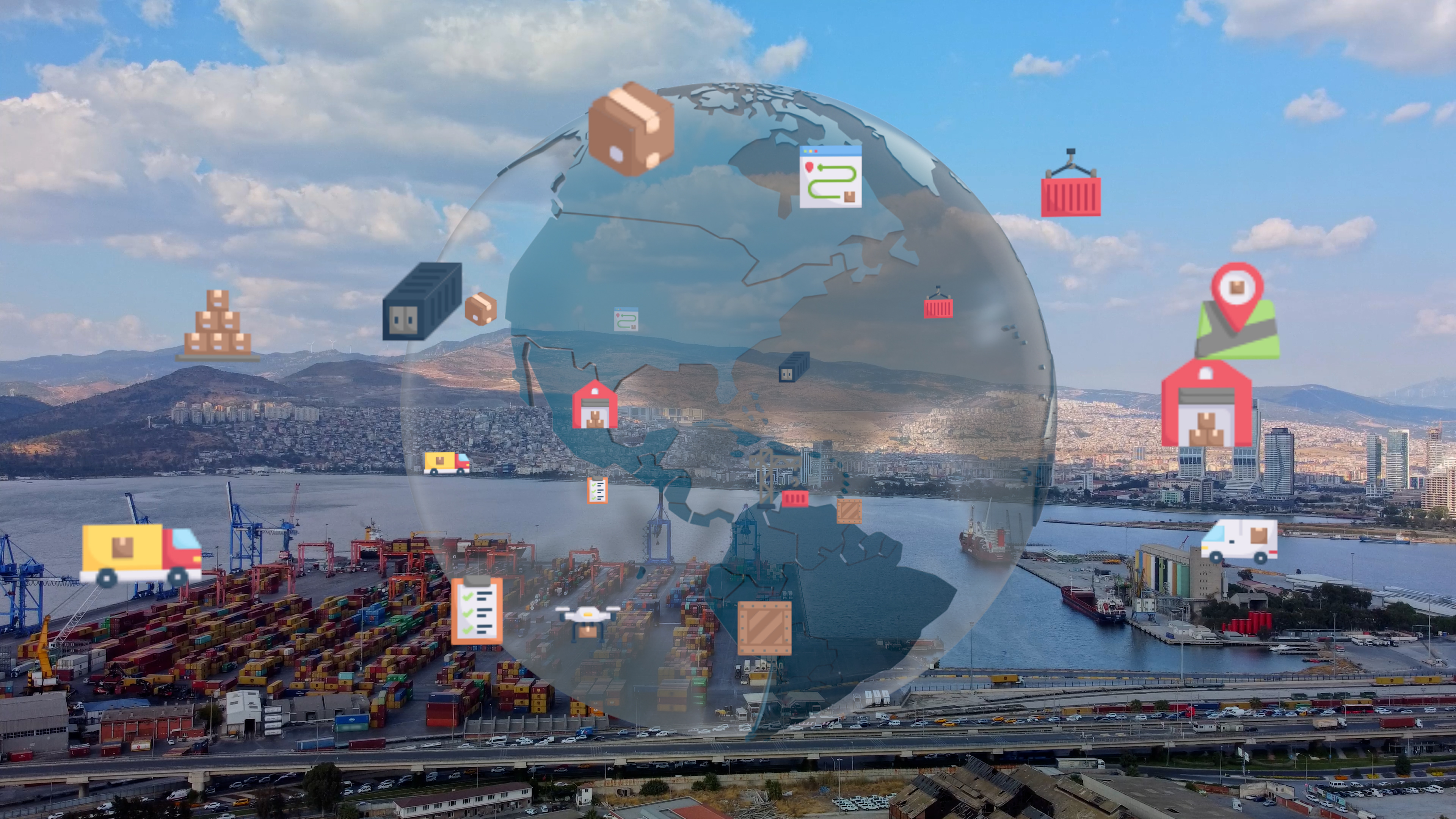Navigating Geopolitical Tensions: The Impact on Global Supply Chains in 2023

In 2023, the world is dealing with a geopolitical environment that is becoming more complicated and where international conflicts are influencing how global supply chains function. As a seasoned content writer with 10 years of experience, I know how important it is to comprehend these dynamics for both organizations and the customers who will be impacted by these changes. This blog will examine the various ways that geopolitical conflicts affect global supply chains, illuminating the difficulties and possible solutions for negotiating this complex network.
Trade disagreements, military wars, and diplomatic impasses are just a few of the causes of geopolitical tensions. International relations have seen a dramatic change in recent years, as nations have been forced to reconsider their trade agreements due to the rise of nationalism and protectionist measures. Global supply chains, which are inherently linked and depend on the smooth flow of products and services across borders, will be significantly impacted by these changes.
The disruption of conventional supply routes is one of the most urgent issues arising from these geopolitical changes. For example, export limitations and tariffs resulting from trade conflicts between large economies may force businesses to look for other suppliers or customers. In addition to raising expenses, this also has an impact on production schedules, making companies more susceptible to delays. Organizations must therefore take a more flexible approach to supply chain management, keeping a close eye on geopolitical events and modifying their plans as necessary.
Furthermore, the COVID-19 epidemic has exacerbated the consequences of geopolitical tensions by exposing the weaknesses of global supply lines. Significant production and shipping delays brought on by lockdowns and limitations have made companies reevaluate their reliance on far-off suppliers. Many businesses are shifting to nearshoring or reshoring their operations in 2023 in an effort to reduce the risks brought on by geopolitical unpredictability. In addition to supporting regional economies, this approach increases supply networks' resilience.
The effect of technology on global supply chains in the face of geopolitical tensions is another important factor to take into account. Businesses are increasingly using cutting-edge technology like blockchain and artificial intelligence to improve efficiency and transparency in an era of fast digital transformation. Through the provision of real-time data on market conditions and potential disruptions, these technologies can assist businesses in navigating the complexity of geopolitics and facilitate prompt, well-informed decision-making.
Adoption of technology does, however, present a unique set of difficulties. Threats to cybersecurity have grown in importance, particularly as geopolitical tensions rise. To safeguard sensitive data and preserve operational integrity, businesses need to make significant investments in cybersecurity solutions. In this digital age, a cyberattack on a vital supply chain partner could cause a chain reaction of interruptions, underscoring the necessity of thorough risk management plans.
Additionally, companies need to consider the ethical and social ramifications of their supply chain choices. Human rights and environmental sustainability are two topics that frequently overlap with geopolitical tensions. Customers are growing more aware of the moral standards underlying the goods they buy, and companies that ignore these issues run the danger of losing their good name. Organizations should aim to establish socially conscious and efficient supply chains in 2023 in order to build confidence with both stakeholders and customers.
Working together becomes essential as we traverse these choppy waters in order to lessen the effects of geopolitical tensions on supply chains. To promote a collaborative atmosphere, businesses need to have open discussions with suppliers, stakeholders, and governmental organizations. Businesses can increase their collective resilience by cooperating to exchange best practices, resources, and insights. Collaboration is not only a competitive advantage but also a need in today's interconnected society.
The geopolitical environment is probably going to continue to be unstable in the future. Businesses need to stay alert when tensions change and modify their supply chain plans accordingly. This entails making technological investments, encouraging teamwork, and giving ethical behavior first priority. By doing this, businesses can position themselves for long-term success in a global market that is becoming more complex, in addition to navigating the difficulties presented by geopolitical conflicts.
In conclusion, geopolitical tensions will have a significant and varied effect on global supply networks in 2023. Businesses need to embrace agility, creativity, and teamwork as we continue to face these problems. Organizations may not only survive but also prosper by comprehending the complexities of this changing environment and making sure their supply chains are robust, effective, and in line with the values of today's customers. Successful companies in the future will be characterized by their capacity to adjust and react to geopolitical changes in a world where uncertainty has become the norm.



